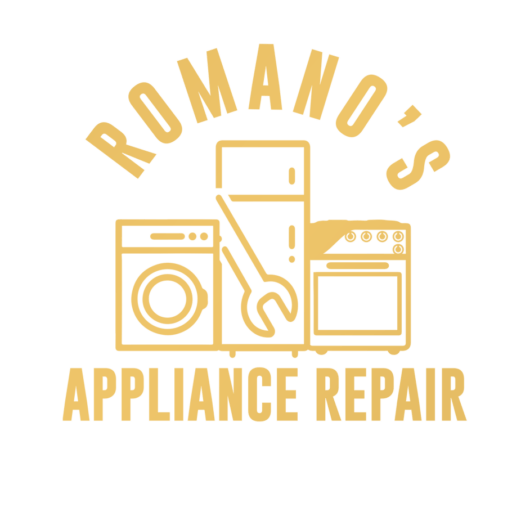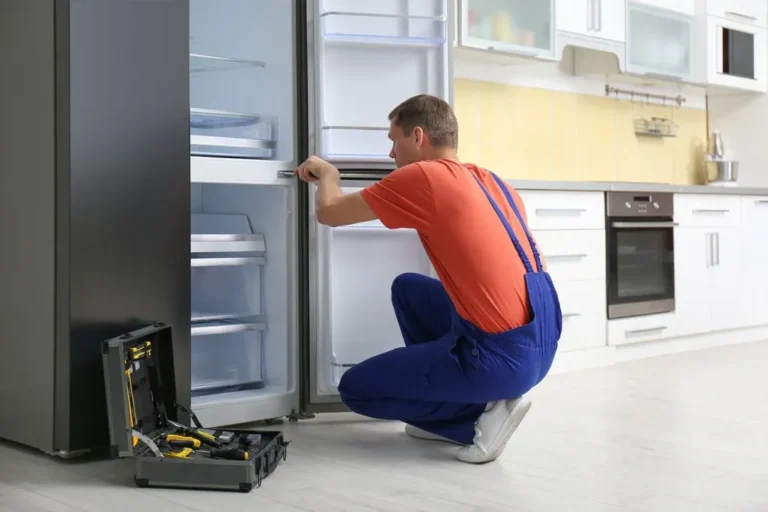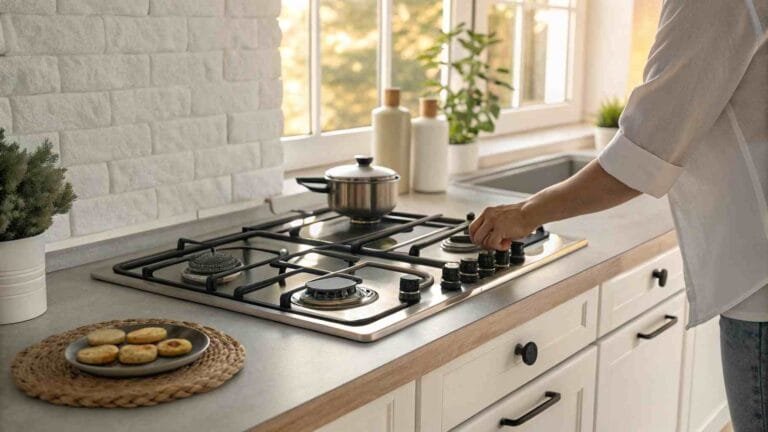In Florida, where air conditioning is almost a year-round necessity, the cost of energy bills is a significant concern for many homeowners. The appliances we choose and how we maintain them can dramatically impact our energy consumption and costs. Understanding this relationship is essential for those looking to optimize their energy usage and lower their monthly expenses.
How Appliances Impact Your Energy Bill
Every appliance has a wattage rating that reflects its energy consumption. Older, less efficient models tend to consume more energy than newer ones designed with energy conservation in mind. Energy Star-rated appliances, in particular, are tested for efficiency and can significantly lower energy bills.
The Importance of Energy Star Ratings
Appliances with Energy Star ratings are proven to consume less energy than standard models, which can lead to substantial savings on your electricity bill. When purchasing new appliances, it’s beneficial to look for the Energy Star label as a guide to energy efficiency.
Choosing Energy-Efficient Appliances
Opting for energy-efficient appliances is a proactive step towards reducing your home’s overall energy consumption. These appliances perform their tasks just as effectively as their less efficient counterparts but use less energy, saving money in the long run.
Efficient Appliance Usage
Maximizing the efficiency of your appliances involves more than just purchasing Energy Star-rated models. Here are some tips to ensure that your appliances are running as efficiently as possible:
- Optimize Refrigerator and Freezer Settings: Set your refrigerator between 37-40°F and your freezer at 0°F.
- Maximize Dryer Efficiency: Regularly clean the lint filter and consider air-drying clothes.
- Maintain Central Air Conditioning: Regular servicing, cleaning filters, and setting programmable thermostats efficiently can reduce energy usage.
Managing Your Thermostat Effectively
Thermostats control heating and cooling systems, which are among the highest energy consumers in Florida homes. Using a programmable thermostat to adjust the temperature when you’re not home can lead to significant energy savings.
The Role of Insulation
Proper insulation reduces the workload on your heating and cooling systems by maintaining a more consistent indoor temperature, which in turn lowers energy costs. Ensuring that your home is well-insulated is a crucial step in optimizing energy efficiency.
Regular Appliance Maintenance
Keeping your appliances in top condition is key to ensuring they operate efficiently. Regular maintenance, such as cleaning and servicing, not only prolongs the life of the appliances but also helps them to run more economically.
When to Consider Appliance Upgrades
Older appliances generally use more energy than newer models. Upgrading to newer, energy-efficient appliances can be a cost-effective move in the long run, especially if existing appliances are nearing the end of their useful life or are costly to repair.
Utilizing Rebates and Incentives
Many energy companies offer rebates and incentives for purchasing energy-efficient appliances. These programs can help offset the initial cost of an upgrade and make it more affordable to switch to energy-saving appliances.
Conclusion
For Florida homeowners, the link between appliance care and energy bills is clear: well-maintained, energy-efficient appliances cost less to operate. By choosing the right appliances and maintaining them properly, you can significantly reduce your energy consumption and lower your monthly bills. This not only saves money but also contributes to a more sustainable and environmentally friendly home.
For your Appliance Care, contact us HERE





